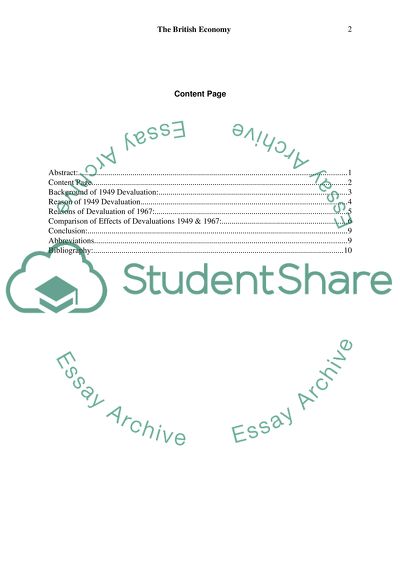Cite this document
(“The British Economy Essay Example | Topics and Well Written Essays - 1500 words - 1”, n.d.)
The British Economy Essay Example | Topics and Well Written Essays - 1500 words - 1. Retrieved from https://studentshare.org/politics/1515363-the-british-economy
The British Economy Essay Example | Topics and Well Written Essays - 1500 words - 1. Retrieved from https://studentshare.org/politics/1515363-the-british-economy
(The British Economy Essay Example | Topics and Well Written Essays - 1500 Words - 1)
The British Economy Essay Example | Topics and Well Written Essays - 1500 Words - 1. https://studentshare.org/politics/1515363-the-british-economy.
The British Economy Essay Example | Topics and Well Written Essays - 1500 Words - 1. https://studentshare.org/politics/1515363-the-british-economy.
“The British Economy Essay Example | Topics and Well Written Essays - 1500 Words - 1”, n.d. https://studentshare.org/politics/1515363-the-british-economy.


